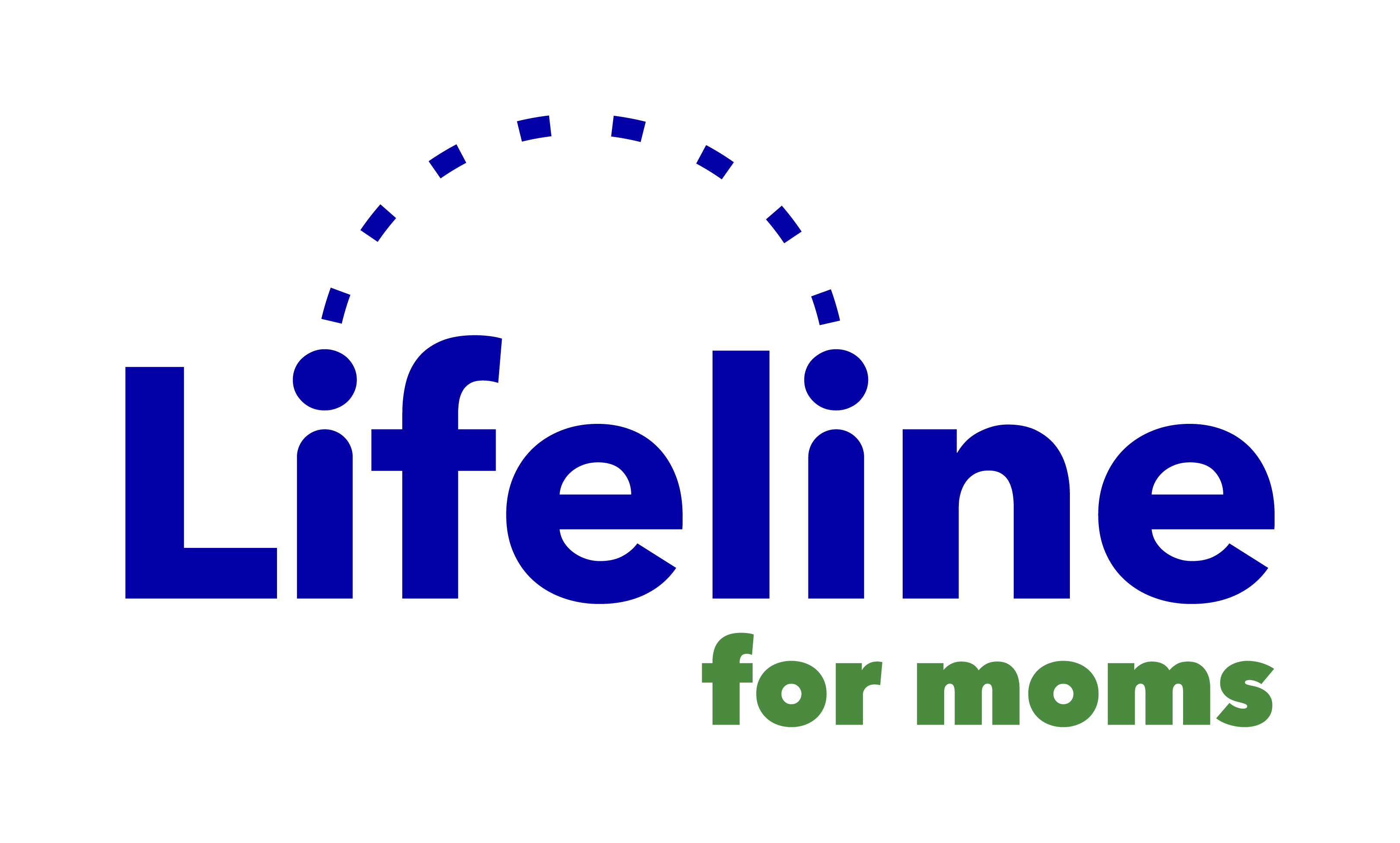Our Perinatal Mental Health Research

Multi-level barriers to providing needed perinatal mental health care are an ever-present challenge for obstetric, childbirth, pediatric, primary care, psychiatric, and early childhood professionals. We conduct perinatal mental health research that aims to increase access to and the quality of perinatal mental health care. This research involves developing, testing, and disseminating innovative approaches to integrating mental health care into obstetric, perinatal, and pediatric care settings.

Our academic and clinical perinatal mental health, obstetric, and pediatric experts develop innovative programs and resources, assessing their impact on individuals and systems. We do this in partnership with community-based partners and individuals with lived experience of perinatal mental health conditions. See the results of our completed studies published in peer-reviewed articles.

At Lifeline for Moms, we are deeply committed to developing equitable evidence-based care. We are conducting projects to learn how our perinatal mental health interventions and programs can better promote equitable mental health care access, delivery, and outcomes. Learn more about our commitment to equity in mental health.

Areas of Current Research
We actively research new and better ways to increase access to and engagement with perinatal mental health care and have many ongoing perinatal mental health studies underway. As part of our research, we often develop products such as trainings, toolkits, and implementation protocols to help others improve perinatal mental health care.

Research Spotlight: Roadmap for Access Programs Study
We are investigating ways that Perinatal Psychiatry Access or Referral Programs can use to evaluate their effectiveness. This study seeks to first what gaps there are in obstetric clinical care for patients with mental health conditions and in the services provided by Perinatal Psychiatry Access or Referral Programs. The study then will seek to understand services provided by Access Programs and then finally will bring the results together to recommend the preferred approaches to measuring Access Program effectiveness. This study is funded by the Centers for Disease Control and Prevention.

Research Spotlight: Implementation Assistance and Online Training for Perinatal Mental Health Conditions Study
Our team has received funding from the National Institute of Mental Health (NIMH) to evaluate the extent to which obstetric providers’ knowledge and skills about and practices towards perinatal mental health conditions can be improved using different interventions. The interventions being tested as compared to usual care include:
▪ Online training and toolkits
▪ Virtual implementation assistance added to
online training and toolkits
Read more about our Implementation Assistance and Online Training for Perinatal Mental Health Conditions study. Read our peer-reviewed publications from this study.

Research Spotlight: Evaluating Lifelines for Moms (ELM) Study
We are investigating which components of Perinatal Psychiatry Access or Referral Programs are more likely to improve access to and quality of services received by individuals insured by Medicaid who have perinatal depression. This study seeks to close this evidence gap by conducting a naturalistic, quasi-experimental comparative effectiveness study of established statewide Access Programs (Massachusetts and Washington) and Referral Programs (New Jersey). This study is funded by the Patient-Centered Outcomes Research Institute (PCORI).
Learn more:

Research Spotlight: ELM Study – COVID-19, Health Equity Supplement
This perinatal mental health study is funded by the Patient-Centered Outcomes Research Institute (PCORI).
COVID-19 has increased mood and anxiety disorders during and after pregnancy. It has also changed the delivery of health care. In response, Perinatal Psychiatry Access Programs have created new approaches to help providers manage mood and anxiety disorders during and after pregnancy.
We are hoping to learn about:
▪ What affects the ability to identify and treat mood and anxiety disorders during and after pregnancy
▪ New approaches Perinatal Psychiatry Access Programs are using across the nation in response to COVID-19 and perinatal mental health inequities
▪ What patients, providers, and community partners think are the most feasible approaches to use
Read our peer-reviewed publications from this study.

Research Spotlight: Support Models for Addiction Related Treatment (SMART) Trial
We are collaborating with Yale University in a study to compare two ways to support obstetric providers who would like to offer prenatal care and addiction treatment to perinatal patients with opioid use disorder. The two models of care being compared are collaborative care and Extension for Community Healthcare Outcomes (ECHO). The study is funded by the Patient-Centered Outcomes Research Institute (PCORI).

Research Spotlight: Diversity, Equity, and Inclusion in Perinatal Care Settings
Black women are three to four times more likely than white women to die from all causes during the first postpartum year. They're also less likely to get perinatal mental health care.
We are working to better understand how Perinatal Psychiatry Access Programs can integrate diversity, equity, and inclusion into their perinatal mental health interventions, programming, and trainings. We are also working to better understand barriers and facilitators to perinatal mental health care for populations that have been marginalized, with a particular focus on racism as a driver of inequities.
Our goal is to increase access to care for everyone, with a particular focus on minoritized populations.
Read more about why equitable perinatal mental health care is so important.
Perinatal Mental Health Product Development
Our research has culminated in the development of perinatal mental health interventions, toolkits and other products that help build capacity of perinatal care professionals to address perinatal mental health and substance use disorders adequately and equitably.
Explore our products aimed at helping perinatal, child birthing, and pediatric professionals address perinatal mental health and substance use disorders:

Guide for Integrating Mental Health Care into Obstetric Practice
The Guide for Integrating Mental Health Care into Obstetric Practice, developed with funding by The American College of Obstetricians and Gynecologists, outlines a step-by-step process for integrating perinatal mental health care into a practice workflow.
There are 2 versions:
- The self-guided version [ZIP] provides a guide for obstetric practices to independently integrate mental health care into obstetric care.
- The remote support version [ZIP] is identical yet also includes support from the Lifeline for Moms team. To learn about more about how to access this additional support, contact us at LifelineforMoms@umassmed.edu.

Lifeline for Moms Toolkit
The Lifeline for Moms toolkit, developed with funding by the CDC and CDC Foundation, includes screening materials, algorithms, reference information, and patient materials to support providers in detecting and addressing mental health conditions.

Addressing Perinatal Mental Health Conditions in Obstetric Settings eModule
Addressing Perinatal Mental Health Conditions in Obstetric Settings eModule is a 4-part online training for obstetric care clinicians and clinical staff about perinatal mental health. This training was developed during two NIH-funded research studies by the Lifeline for Moms team at the UMass Chan Medical School and its partner, Praxis, Inc., along with collaborators at the American College of Obstetricians and Gynecologists (ACOG).
Content development was guided by peer-reviewed literature and feedback from numerous advisors and reviewers in the United States, including practicing obstetric clinicians, perinatal mental health clinicians and women with lived experienced of perinatal mood and anxiety conditions. Members of ACOG’s Maternal Mental Health Expert Work Group reviewed most components of the training and will help assure wide availability and dissemination.
